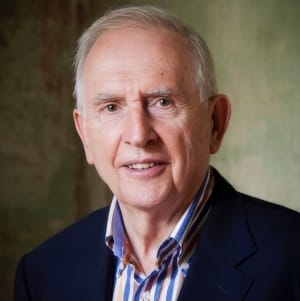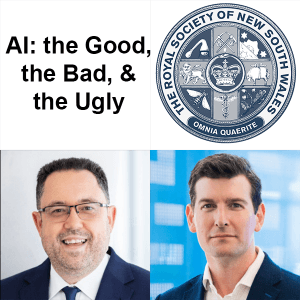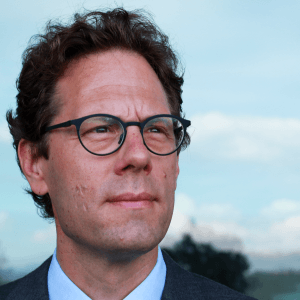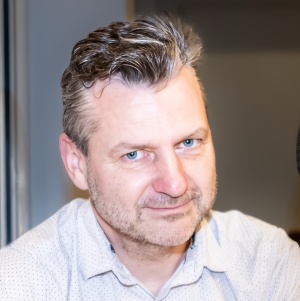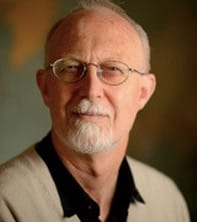
“Cultural transitions over the last 100,000 years and the future”
 Professor Roland Fletcher
Professor Roland Fletcher
Professor of Theoretical and World Archaeology
University of Sydney
Date: Wednesday 5 August 2015
Venue: Union, University and Schools Club, 25 Bent Street Sydney
Professor Fletcher described and explained the major cultural transitions that have shaped mankind and discussed what they mean for the future.
Over the past hundred thousand years four major cultural transitions have occurred in human settlement patterns, of which the first is only partially known and the other three are the development of sedentary communities, from about 10,000 years ago; the formation agrarian-based urbanism from 5000 years ago; and the formation of industrial-based urbanism in the past two hundred years.
The pattern of these great transitions has been logically organised by a progressivist Stage Theory model since the 19th century in which each stage is characterised by cultural type fossils e.g. writing and initial urbanism. This model still dominates the large-scale, long-term perspective we use to comprehend cultural behaviour. But conventional definitions of sedentism and urbanism have become increasingly vague. The cultural-type fossils are known from context other than the ones for which they are supposed to be stage-diagnostic.
What is required is to replace the progressive model with a model of transitions for which the ‘type Fossils’ are actually antecedent prerequisites – operational requirements that must come together to enable major transitions in settlement size to occur. Critically, economic transformations are also required but do not seem to occur just because cultural, material prerequisites come together. The ‘Industrial Revolution’ is a singular case. Crucially, changes in the material assemblage are essential; the characteristic social organisation of each ‘stage’ derives from the material changes and social and material conditions, which can be at odds with each other. The path to these large, long-term emerging patterns is not deterministic and has implication for comprehending the characteristics of future transitions.
Roland Fletcher is Professor of Theoretical and World Archaeology at the University of Sydney. He attended St. John’s College at Cambridge University completing his undergraduate degree in 1970 and his PhD in 1975. He has worked at the University of Sydney since 1976 where he is Director of the University’s Angkor Research Program. By implementing a global, multi-scalar, interdisciplinary approach to Archaeology he has initiated extensive cross disciplinary collaboration within the University and worldwide. The Greater Angkor Project – funded primarily by the Australian Research Council – is an international collaboration with the French agency, EFEO, and with APSARA the Cambodian government agency that manages Angkor. As a result of his international collaborative research he has been an invited speaker and academic guest all over the world. He was a Distinguished Fellow of Durban University’s Institute of Advanced Study in 2007 and invited speaker at the Falling Walls Conference in Berlin in November 2014.




